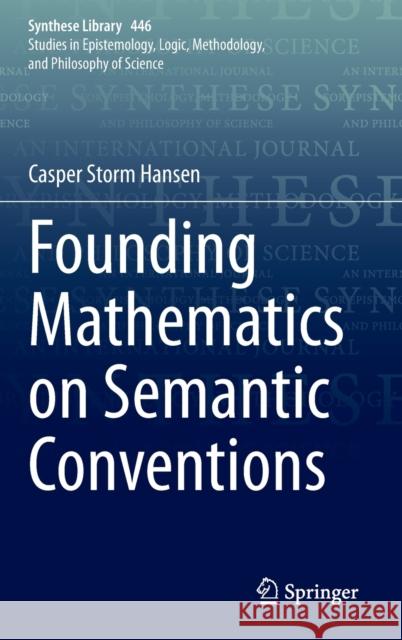Founding Mathematics on Semantic Conventions » książka
Founding Mathematics on Semantic Conventions
ISBN-13: 9783030885335 / Angielski / Twarda / 2021 / 270 str.
Founding Mathematics on Semantic Conventions
ISBN-13: 9783030885335 / Angielski / Twarda / 2021 / 270 str.
(netto: 421,70 VAT: 5%)
Najniższa cena z 30 dni: 424,07
ok. 22 dni roboczych.
Darmowa dostawa!
This book presents a new nominalistic philosophy of mathematics: semantic conventionalism. Its central thesis is that mathematics should be founded on the human ability to create language – and specifically, the ability to institute conventions for the truth conditions of sentences.This philosophical stance leads to an alternative way of practicing mathematics: instead of “building” objects out of sets, a mathematician should introduce new syntactical sentence types, together with their truth conditions, as he or she develops a theory.Semantic conventionalism is justified first through criticism of Cantorian set theory, intuitionism, logicism, and predicativism; then on its own terms; and finally, exemplified by a detailed reconstruction of arithmetic and real analysis.Also included is a simple solution to the liar paradox and the other paradoxes that have traditionally been recognized as semantic. And since it is argued that mathematics is semantics, this solution also applies to Russell’s paradox and the other mathematical paradoxes of self-reference.In addition to philosophers who care about the metaphysics and epistemology of mathematics or the paradoxes of self-reference, this book should appeal to mathematicians interested in alternative approaches.











